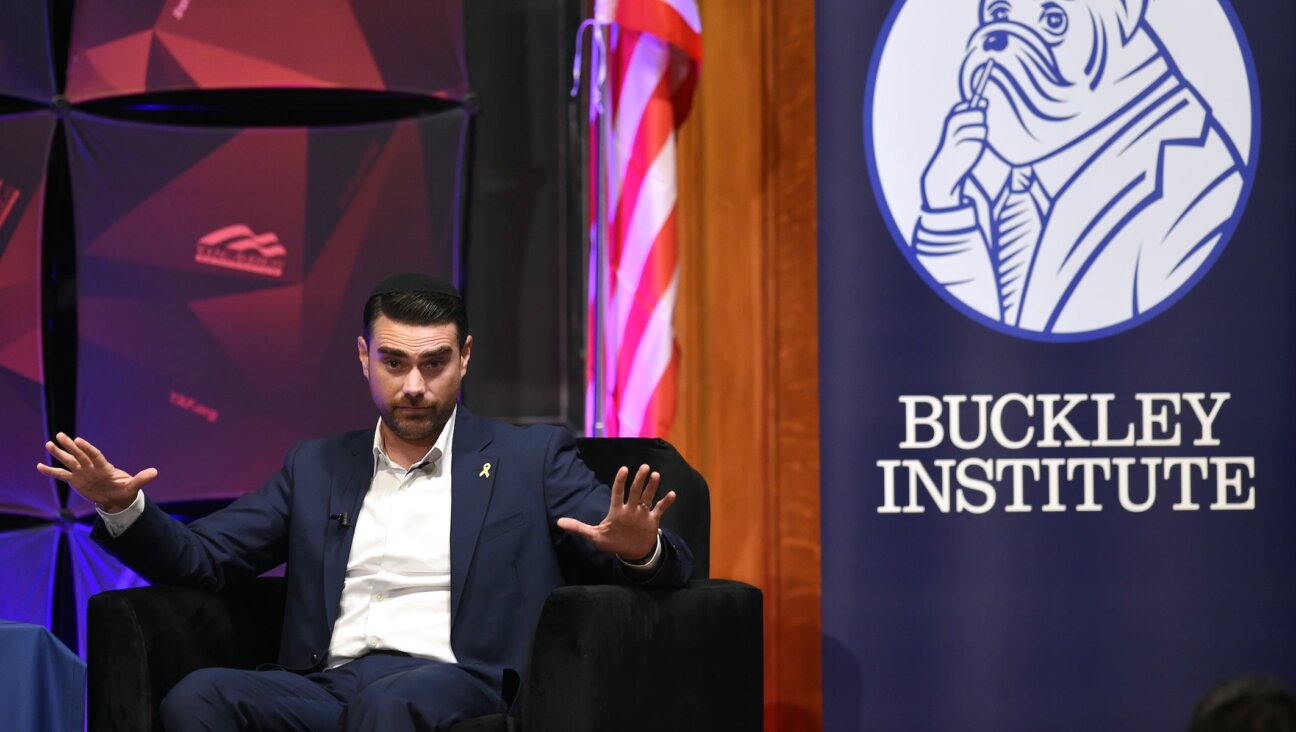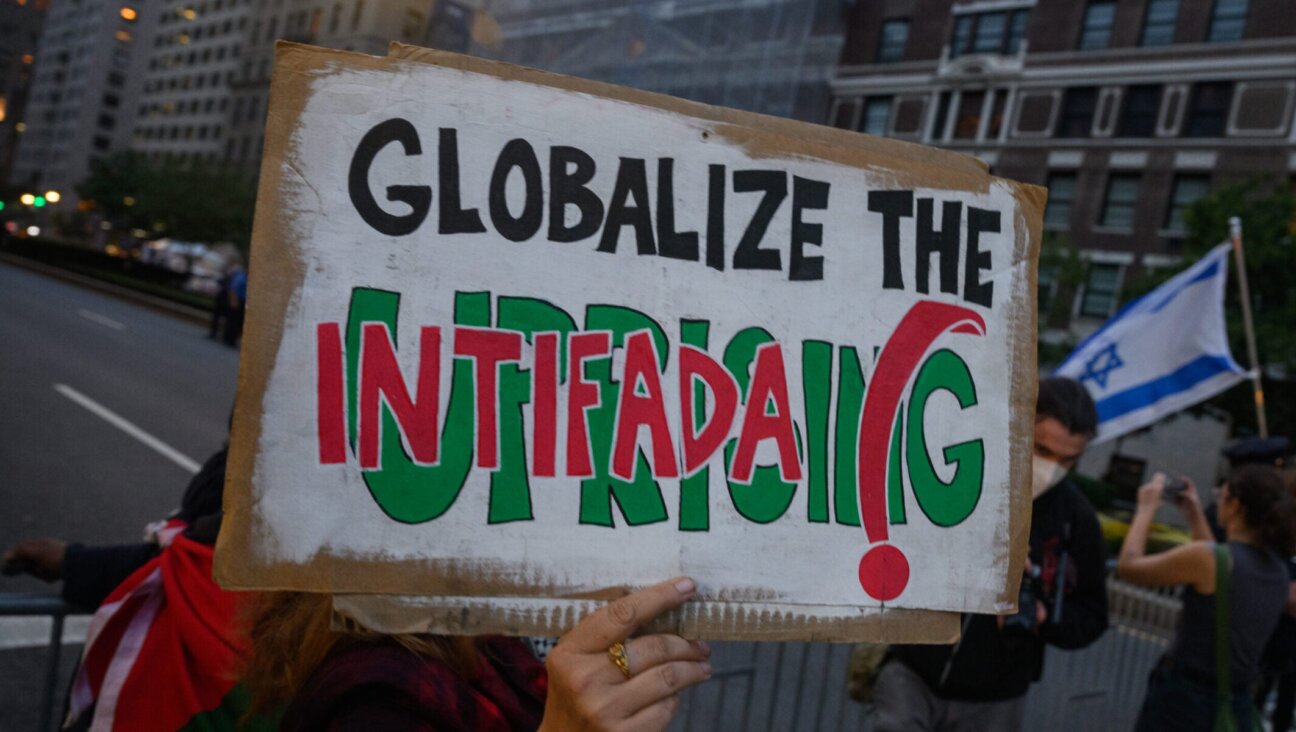Ariel Sharon’s Doctors See Sharp ‘Change for the Worse’

Image by getty images
Former Prime Minister Ariel Sharon, comatose since a 2006 stroke, slipped closer to death on Thursday after a sharp decline in the condition of the ex-general who long symbolised Israel’s military might.
Reviled by Arabs over his hardline policies and viewed with a mixture of respect and suspicion by many Israelis, 85-year-old Sharon has been on life support at Sheba Medical Center near Tel Aviv for the past eight years, far from the public gaze.
“I am no prophet, but the feeling of his doctors and his sons … is that there has been a change for the worse,” Sheba director Zeev Rotstein told reporters.
Rotstein, in the first official medical statement on Sharon’s condition after reports on Wednesday that he had suffered a kidney malfunction, said doctors expect a deterioration in several life-sustaining organs.
“We are defining his condition as critical, and there is definitely a threat to his life,” he said. “The feeling of everyone … is that this decline is very serious.”
Sharon’s two sons were at his bedside, doctors said, and a state funeral was planned.
One of Israel’s most famous generals, Sharon left his mark on the region through military invasion, Jewish settlement building on captured land and a shock, unilateral decision to pull Israeli troops and settlers out of the Gaza Strip in 2005.
In 1983, an Israeli state inquiry found Sharon, then the defence minister, indirectly responsible for the killing of hundreds of Palestinian men, women and children at Beirut’s Sabra and Shatila refugee camps. He was forced to resign his post.
The slaughter took place after the Israeli army, which invaded Lebanon in 1982, allowed Israeli-backed Christian Phalangist militiamen to enter the camps, ostensibly to search for Palestinian gunmen.
“He’ll be remembered as the last of his generation of Israeli fighters and founders,” Dedi Cohen, a 38-year-old lawyer, told Reuters in Tel Aviv.
“He was a bulldozer who got things done. I know he was controversial, but he had values. He stood for something. That’s missing today,” Cohen said.
Raanan Gissin, a former senior aide to Sharon, said that doctors believe death could come within days or even hours.
“It’s a very sad moment … for people in Israel because Ariel Sharon was an icon in Israel,” Gissin said.
WAR AND PEACE
Sharon’s devastating illness began shortly after he quit the right-wing Likud party, where he had promoted Jewish settlement in territory captured in the 1967 Middle East war, and founded a centrist faction with the declared aim of advancing peace with his long-standing foe, the Palestinians.
Battling a Palestinian uprising that began in 2000 after peace talks collapsed, Sharon initiated the building of a contentious barrier across the occupied West Bank and presented a plan to “disengage” from the Gaza Strip.
“As a prime minister he took a very brave step in leaving the (Gaza) settlements. He did something unexpected that was very surprising for a right-wing prime minister, for the better,” said Anat Harel, 25, a computer science student in the southern town of Ashkelon.
Critics of Sharon’s unilateral withdrawal from Gaza point to the territory’s seizure two years later by Hamas Islamists opposed to Western-backed Palestinian President Mahmoud Abbas, and repeated rocket fire from the enclave.
“We worked together but it is no secret that our ways parted at the moment he started talking about the (Gaza) disengagement,” Yuli Edelstein, the Speaker of the Israeli Parliament, said on Israel Radio.
“But even these things do not cancel out his military past, his contribution to the country, or my memories of him.”
In the Gaza Strip, a Hamas leader spoke bitterly of a man the movement sees as one of the Palestinians’ worst enemies.
“Ariel Sharon is going the same direction as other tyrants and criminals whose hands were covered in Palestinian blood,” said the leader, Khalil al-Hayya.
There was no sympathy either in the occupied West Bank.
“God willing he dies,” said Rauf Ramia, a labourer from the Qalandia refugee camp. “He’s a terrible person.”













